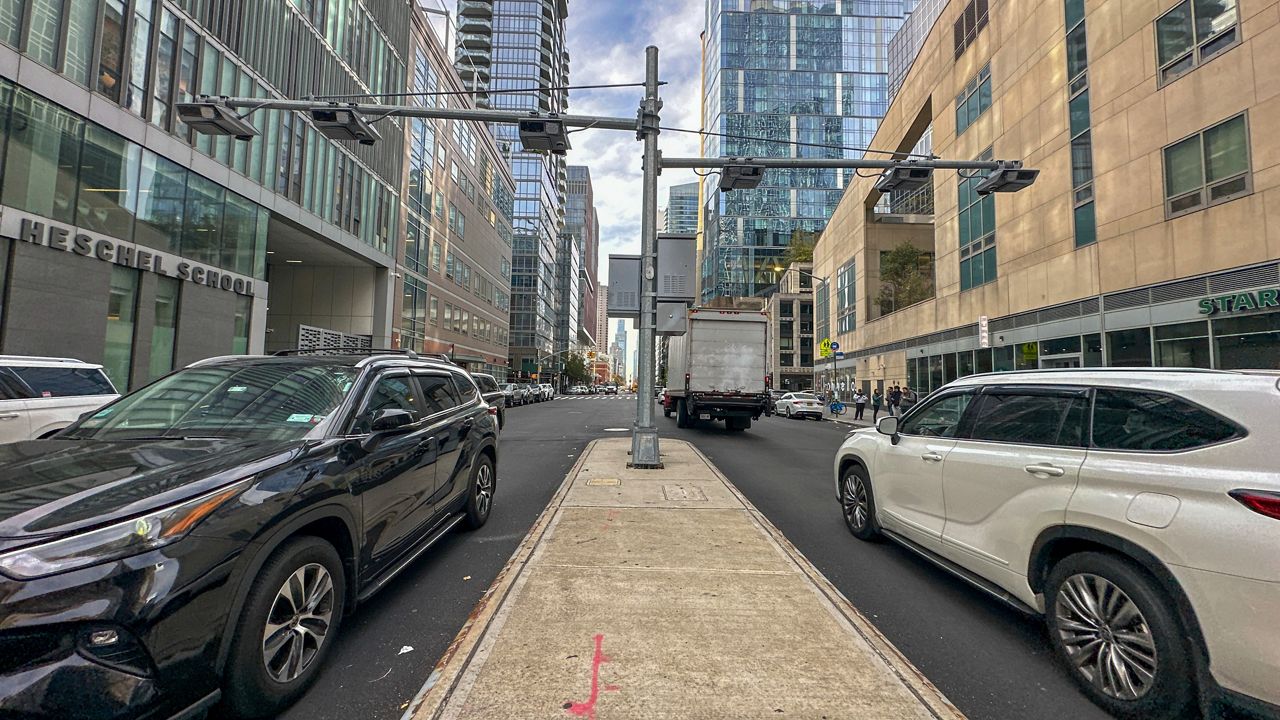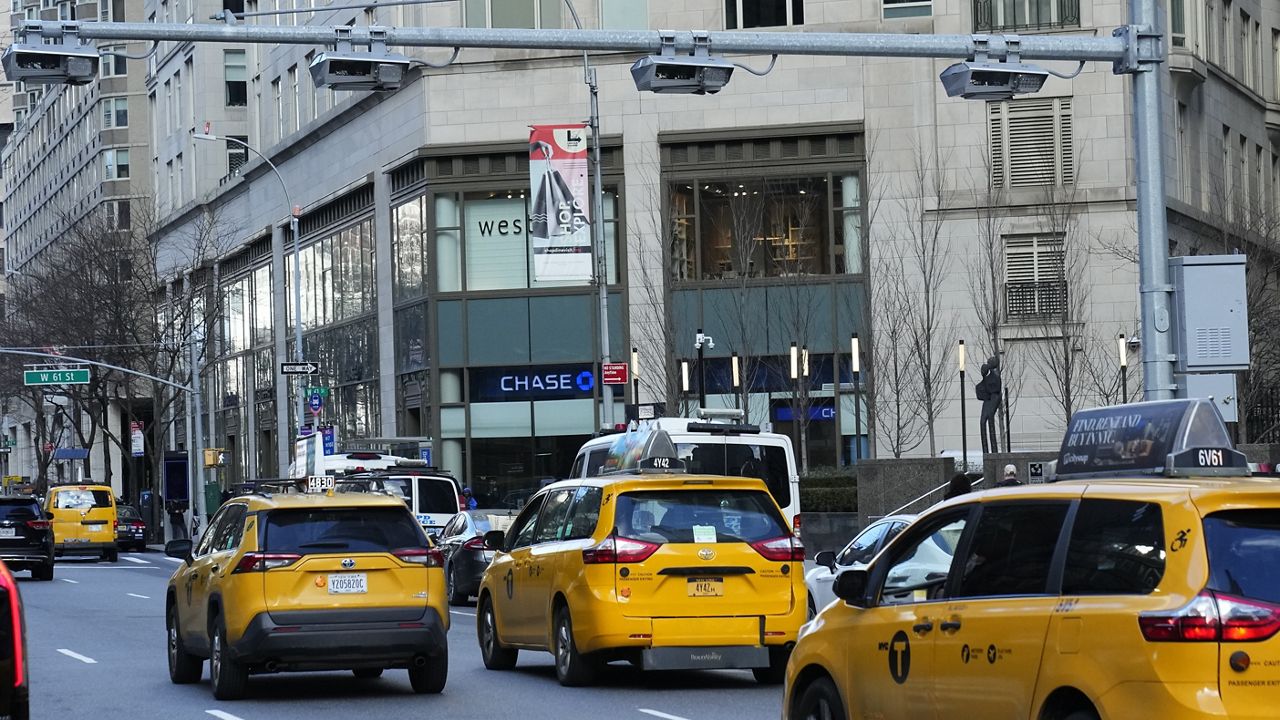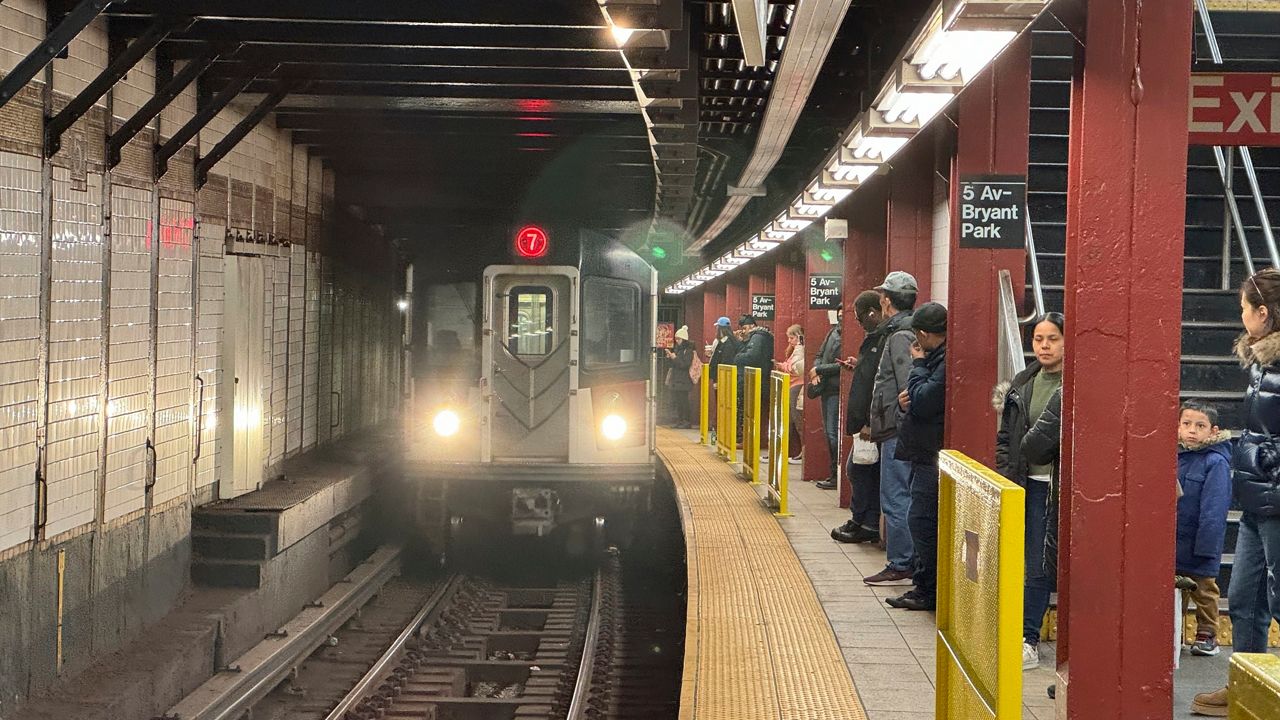On Wednesday, the civic and political leaders that gathered to mourn the death of Richard Ravitch spoke of him in superlatives.
“He literally transformed New York,” Gov. Kathy Hochul told mourners at Central Synagogue in midtown Manhattan. “Now that sounds like a broad overstatement, but not when we’re talking about this man.”
Ravitch is widely credited for helping save the city from bankruptcy during the 1970s fiscal crisis, and almost single-handedly saving the city’s subways, reversing the system’s decline during his time as MTA chairman from 1979 to 1983. And for decades, he advised New York’s political leaders.
“His approval always meant a lot to me,” Hochul said. “So when I put forth my state of the state address this year, and I’m flipping through the newspaper, and I see an op-ed by Dick Ravitch, I’m like, ‘Oh no, what did I do?’ And it was actually a positive one. In fact, I still have it and I read it all the time, because you don’t get this very often.”
Former city comptroller Bill Thompson said Ravitch, an expert on fiscal matters, frequently offered his advice.
“All the time. During my campaign, after the campaign, while I was comptroller, and for years afterwards,” Thompson told NY1. “Dick had an opinion on everything. Most of the time, it was good.”
“He was a brilliant person,” Thompson said, “and a good friend.”
Ravitch spent the better part of five decades in a variety of roles in public service, including a stint as lieutenant governor when he was appointed by then-Gov. David Paterson in 2009. And he served as a mentor until the very end, counseling freshman Congressman Dan Goldman when he was considering a run.
“He immediately took me under his wing, gave me guidance, wisdom, his experience in the city,” Goldman said.
Ravitch ran for office just once, in 1989, when he finished a distant third in the Democratic primary for mayor. Those who knew him said he operated in the political sphere because that’s where he believed change was possible, not out of self-interest.
“That wasn’t what motivated him,” Susan Lerner, executive director of the good-government group Common Cause New York, said. “Politics is often about personal power, and that’s not what Richard Ravitch was about. He was about the public good.”
“He used to say, ‘If you love freedom, if you love democracy, then you’ve got to love elected officials,’” former Congresswoman Carolyn Maloney said. “Because they work so hard to make the system work for you.”








